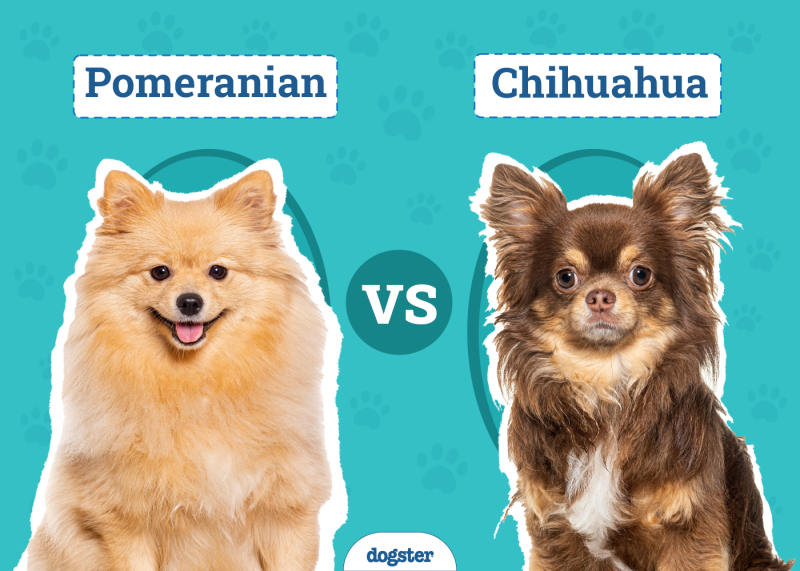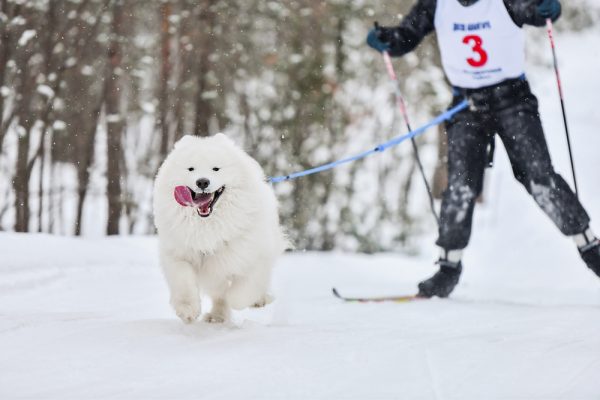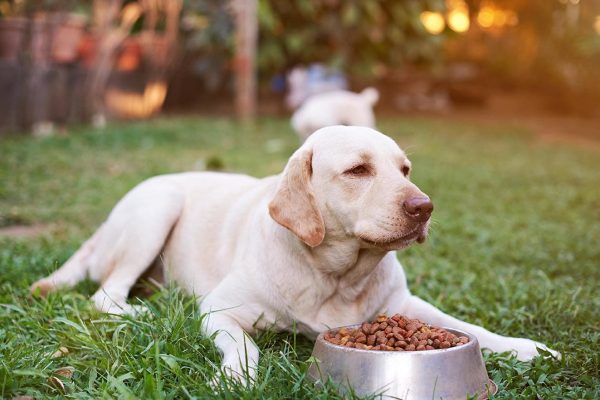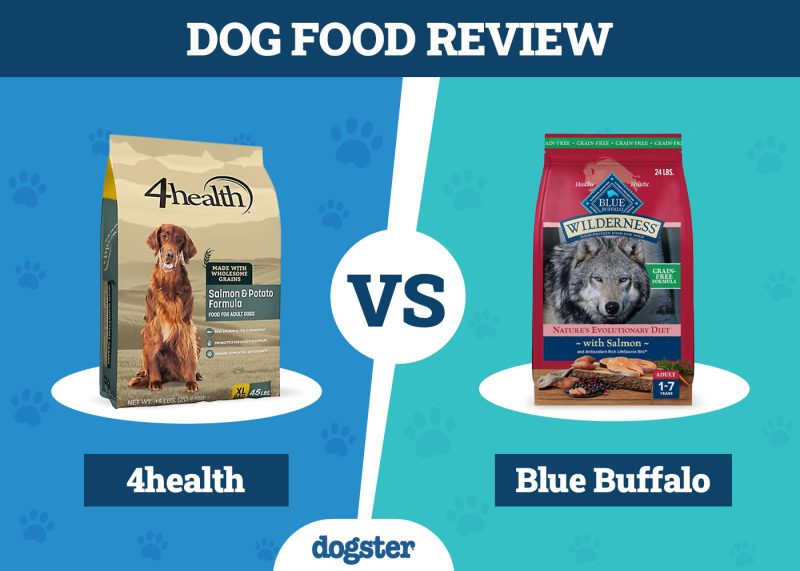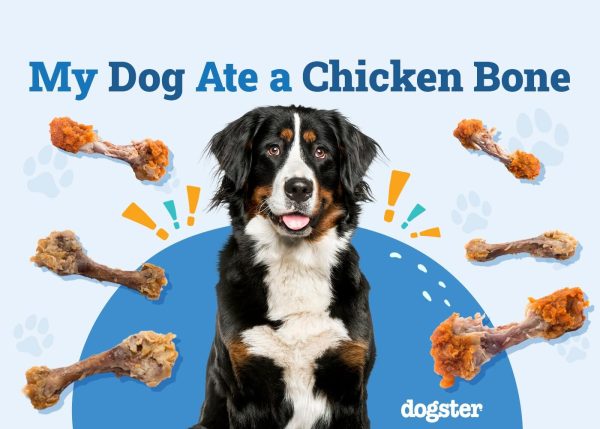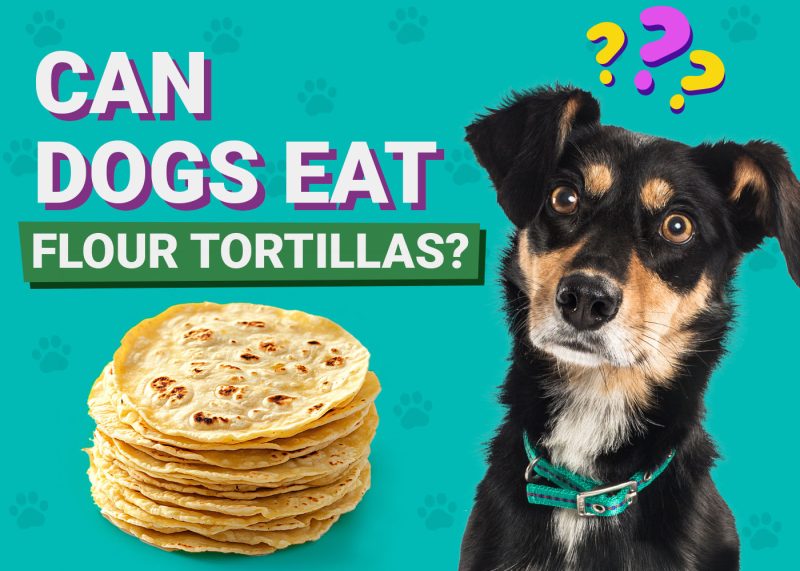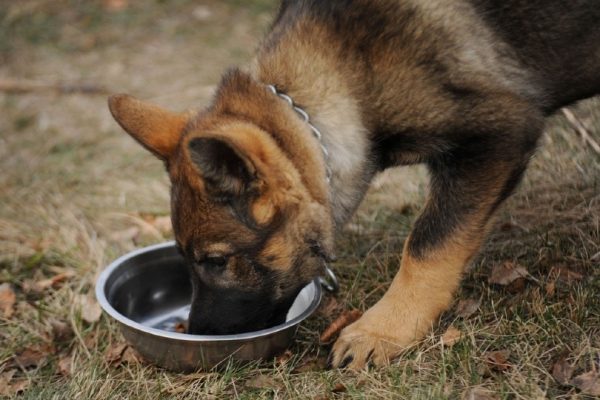In this article
Some dogs are more sensitive to the protein in their food than others. For some with sensitive stomachs, high protein can lead to digestion issues, including diarrhea. These canines often need a food lower in protein, though an extremely low-protein food can also cause all sorts of problems. With a little bit of veterinary guidance and trial and error, you will learn how to feed your dog exactly the amount they need.

Switching Your Dog’s Diet
Diarrhea in a dog can result from switching diets too quickly. If you just switched your dog’s diet to a high-protein diet, it may be that your canine simply isn’t used to the new dog food. Preferably, all dog food switches should be done slowly and progressively, ideally over 7 days.
Sometimes, dogs can also be sensitive to particular sources of protein. Your dog may be perfectly fine with high levels of pea protein. However, chicken may cause digestion problems. Therefore, strongly considering the protein source is crucial for choosing the right diet.
Simply put, practically all types of dog food can cause diarrhea, especially if the dog isn’t used to them.

What Happens When a Dog Has Too Much Protein?
Some dogs simply require more protein than others, such as athletic and agility dogs.
If your dog eats too much protein, there are several possible outcomes. Sometimes, nothing happens. Some dogs have rock-solid stomachs and eat almost anything, even if it includes too much protein.
Excessive protein, like fat, is typically stored in a dog’s body. Therefore, if your dog consumes too much protein, they may end up overweight or obese. Of course, obesity is linked to a variety of problems. Therefore, if you want your dog to remain healthy, they need to stay at a healthy weight.
Furthermore, excessive protein may also be expelled in your dog’s poop. However, some amino acids can be harmful to the environment, not to mention your yard. That protein has to be produced, and it is likely to be wasted if your dog doesn’t need it. If you notice brown spots in your yard around where your dog defecated, it’s likely because the poop was high in nitrogen. When you feed your dog too much protein, you’re wasting money and increasing your carbon footprint for little reason.
The Type of Protein Matters
Dogs don’t need just protein in their food. They need their constituent amino acids, which are found in different amounts depending on the protein source. After digestion, your dog will use the amino acids they need and save or expel those they don’t.
For this reason, the type of protein your dog eats matters. Sadly, we don’t know exactly what sort of amino acids a dog needs in all cases. There’s much research within the pet food industry that still needs to be done. In general, it is recommended to leave your dog on their current diet if they’re doing well on it and their vet does not object. If they aren’t doing so well, consider switching them to a food that has a different protein source.
- You may be interested in: What Is Hydrolyzed Protein Dog Food? Pros, Cons, & FAQ
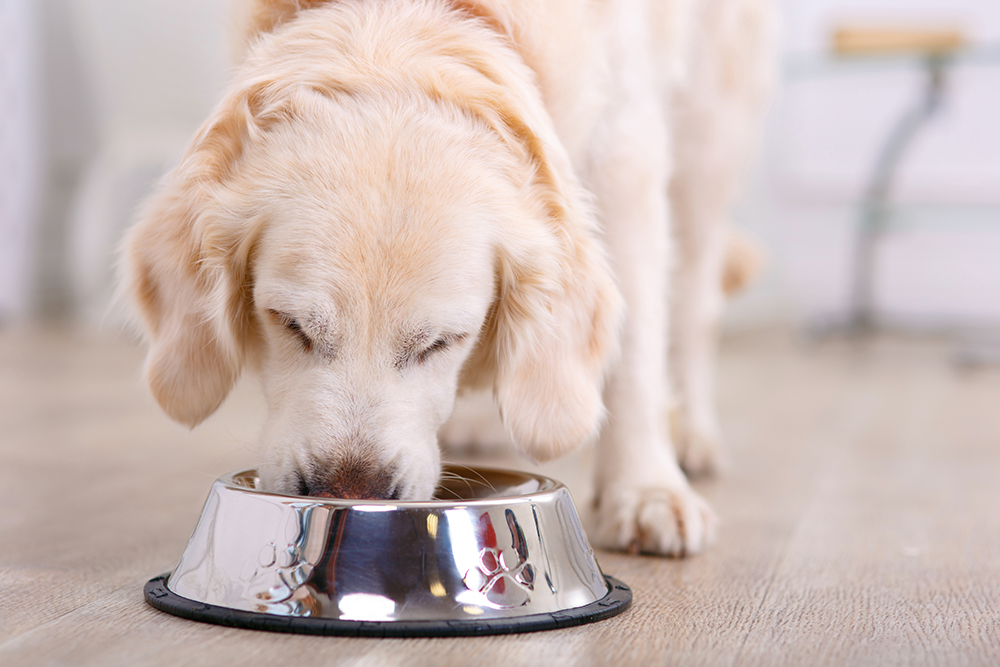

What Ingredients in Dog Food Cause Diarrhea?
Several ingredients can cause diarrhea in dogs—just like in people. Most dogs shouldn’t get diarrhea from ingredients commonly found in dog food. However, some may be sensitive to particular ingredients.
Some of the most common allergens include dairy, beef, chicken, eggs, soy, and wheat gluten. A food allergy can manifest itself as diarrhea, skin irritation, redness, and itchiness.
What Are the Causes of Diarrhea in Dogs?
While many owners are quick to blame a dog’s food, the truth is that there are many causes of diarrhea. Some of these causes are serious and need veterinary attention. However, others usually clear up on their own. For instance, stress can cause diarrhea, but this typically clears up after the stressful event has passed.
- Stress
- Eating garbage
- Change in diet
- New treats
- Ingesting a foreign, non-food object
- Eating toxins
- Medications (especially antibiotics)
- Intestinal parasites
- Certain viral infections (like parvovirus)
- Certain bacterial infections (like Clostridial species)
- Pancreatitis
- Inflammatory bowel disease
- Liver and kidney disease
- Certain cancers
If you’re concerned about your pet’s well-being, we recommend consulting a veterinarian.
If you need to speak with a vet but can't get to one, head over to PangoVet. It's our online service where you can talk to a vet online and get the advice you need for your pet — all at an affordable price!
While some high-protein diets can cause diarrhea, there are also many other potential problems. For this reason, you may want to see your vet if you expect your dog’s diarrhea may be caused by something other than excess dietary protein.

Conclusion
Occasionally, a high-protein diet can cause diarrhea in dogs. However, this issue can also be caused by other problems, including some serious diseases and conditions that need to be treated by a vet. If your dog has other signs, you should contact your vet to ensure it isn’t something more serious.
See also:
- What Is a Good Fat-to-Protein Ratio for Dog Food? Facts and FAQ
- How Long to Withhold Food from a Dog with Diarrhea
Featured Image Credit: Jaromir Chalabala, Shutterstock






